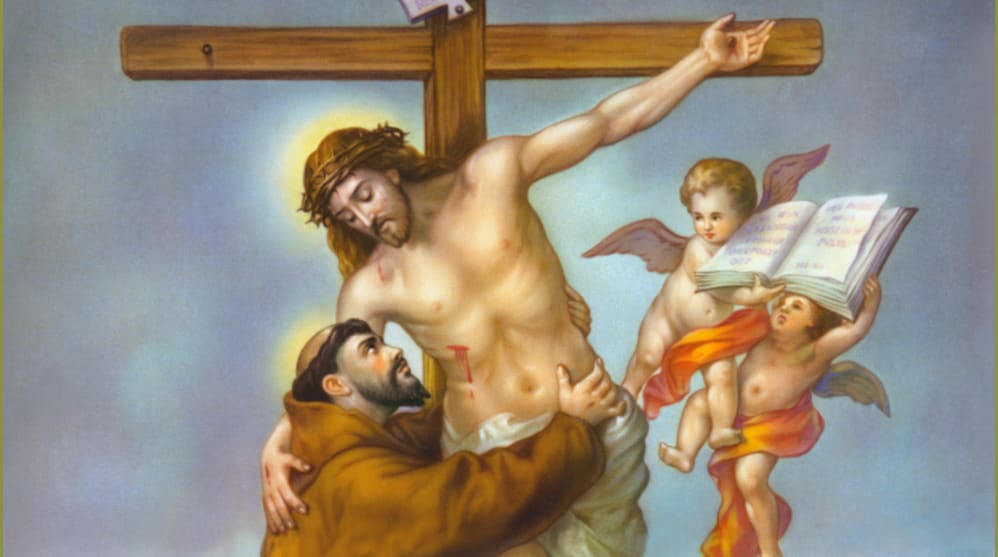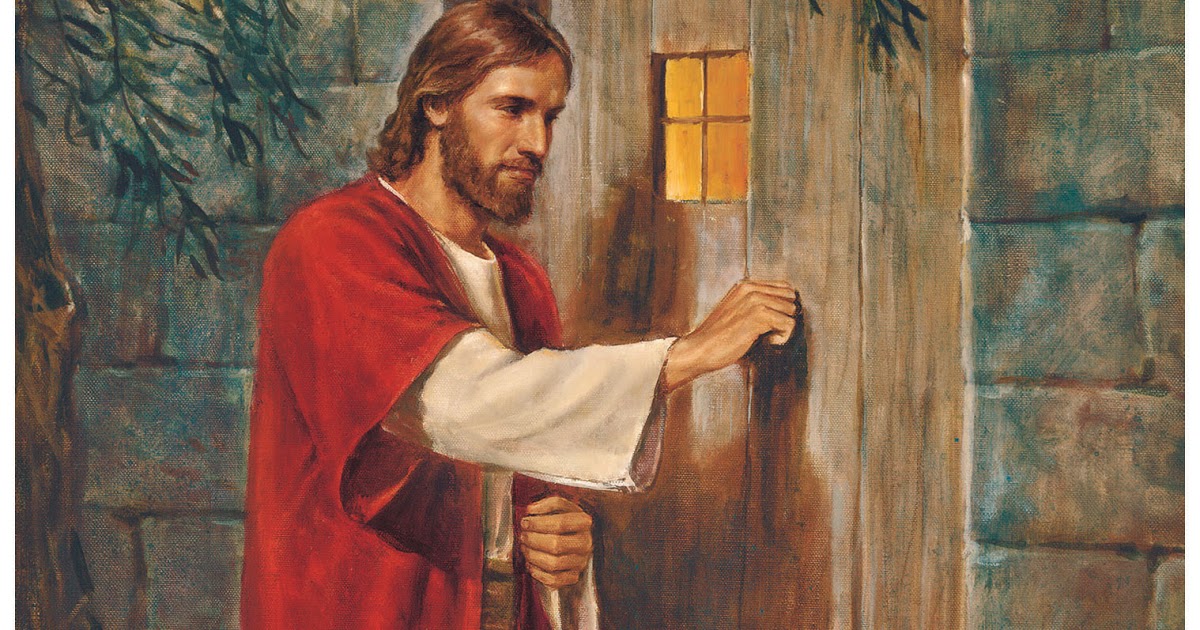Francesco was spoiled to the core. In his late teen years, his life could be summarized in this terse agenda: wine, women and song. Whenever not busy partying in dissipation, he would hone his skills of archery, wrestling and horsemanship. He was handsome, charming, loaded with money and elegantly dressed without a worry in the world. That allowed him to dream of easy glory as a knight. He was the embodiment of the first son who said a quick NO to his father asking for some work in the vineyard, or, in Francesco’s case, in the prosperous family textile business. To say NO got easier and easier, because his mind was obsessed with his dream of action hero as a knight. But that dream which consumed him was yet unfulfilled.
Before we continue with the work of God’s grace in the life of Francesco, we should try to ascertain if we are sons and daughters inclined toward a quick and repeated NO and, then, regretting our refusal, well-disposed to do our Father’s will or if we are like the son who is inclined to say an easy YES to get Dad off his back, but we have no intention of doing his will, while deluding ourselves with the thought that it is enough to look good rather than doing good.
The first step to take in assessing our real attitude in doing God’s will should be an exploration of the dynamics of grace. We have to keep in mind that we are too precious for God the Father to let us continue to say our NOs or to get away with a phony, hollow YES void of all traces of good will.
He spent the blood of his only Son, Jesus on a shameful cross to redeem us…
In a sense, it was “easier” for people like St. Paul, St. Augustine, and St. Francis to see how low they had sunk and, thus, to cooperate with God’s grace to climb out of their hole of wickedness. It is easier for tax collectors and prostitutes of all ages to realize that for them there is only a way up to redemption and a new life. It is much harder for people held in high esteem (chief priests and elders of the people) people of impeccable reputation, people beyond reproach to assess if what transpires on the outside is an accurate reflection of what is their inner disposition or if most of what is on the outside is simply a façade and a mask covering real lack of love and dearth of sincere concern for God and neighbor.
In 1202 war broke out between Perugia and Assisi. Francesco jumped at the chance to quick glory by joining the puny cavalry of Assisi. The battle was lopsided in favor of the Perugia’s army. Francis’ life was spared because he was wearing a fine armor and expensive clothes. The Perugini thought that they could get a decent ransom for his life. Francesco languished in an unhealthy dungeon until, almost after a year of negotiations, the ransom for his release was accepted.
Grace had been at work since his capture and, while still in prison, he experienced visions from heaven that intensified with the passing of time until all appeals of the fading glory of an action hero vanished and were replaced by his heroic commitment to dedicate himself to the restoration of the whole Church in the spirit of the genuine poverty proposed by the Gospel. Touched by God’s grace, Francesco was now totally free as even lowly creatures all around spoke to him of the Father’s detailed care for all of creation. Firmly certain of the Father’s care and protection, he could embrace joyfully all pleasant and unpleasant events of life.
Francesco became a son who was more than eager to work in his Father’s vineyard. In imitation of Francesco, I urge all of us here present to be bold enough to explore our inner disposition towards doing the Father’s will every moment of our life.
We ought to ask ourselves some vital questions:
“Do we allow God’s grace to assist us as our past refusals burn inside and force us to change our mind?”
“Or are we lukewarm in our love for Jesus and for our neighbor?”
If we determine that such is our disposition, that we are not ablaze with love for Christ and for his Church, but we merely move from one day to the next with tepid love, often cooled by aloofness, indifference and self-interest, we should avail ourselves of what was available to St. Francis:
- Jesus on the cross speaking to us of a love that knows no limits and that is totally unfailing.
- The Word of God that is always tailor-made for our present situation and the state of our soul.
- Finally, contemplation of how, in every season, creation all around us, speaks so eloquently of the detailed care that our heavenly Father has for all of his creatures and of his boundless love for us.
These three grace-filled means will operate in us what they operated in the life of Francesco. We would be consumed by genuine love for God and neighbor; we would acquire serenity and peace of mind in the firm knowledge that our life unfolds under the watchful and loving gaze of our Father and we would be totally free to say always a joyful YES to doing his will.








